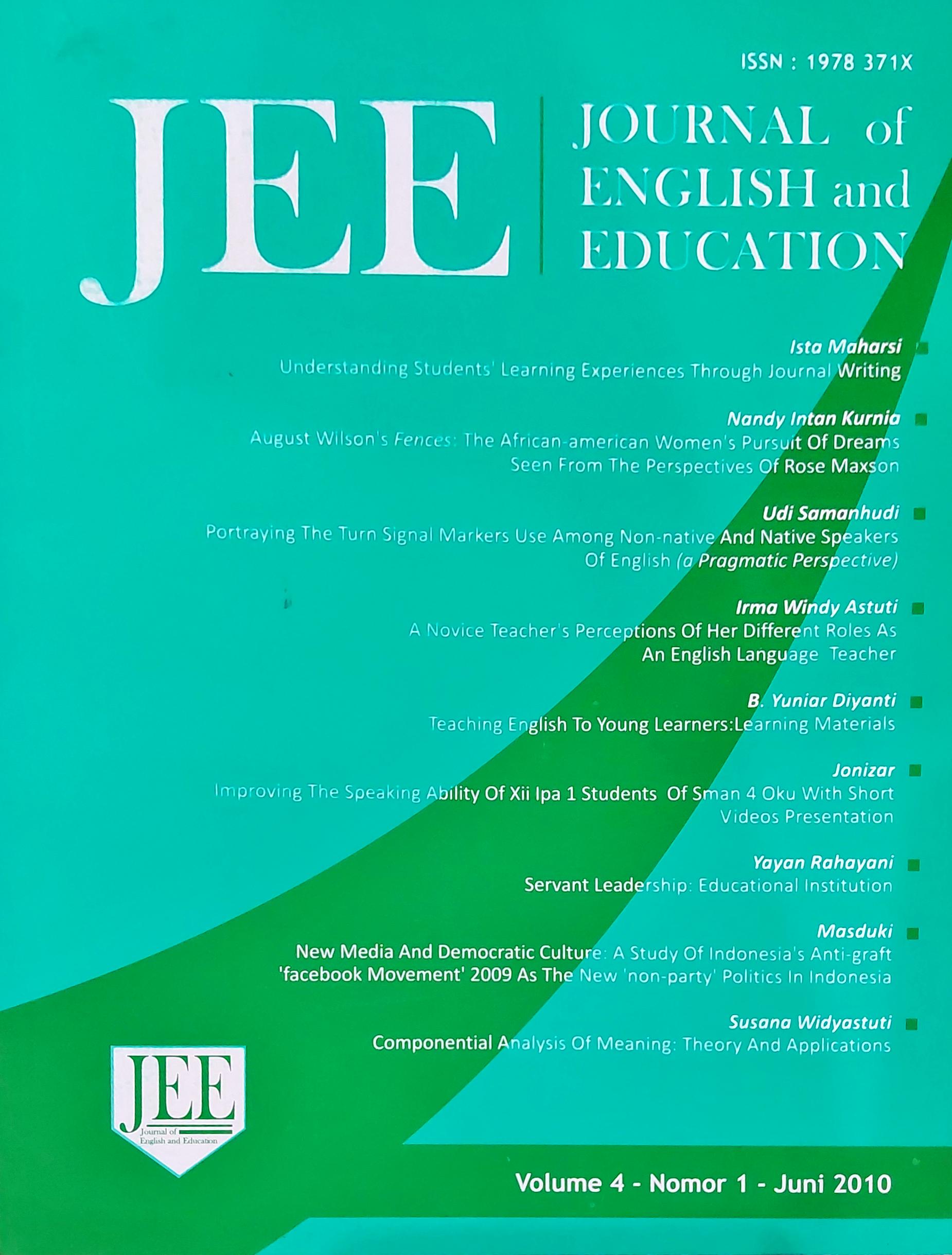Main Article Content
Abstract
Internet or Social Network Site is a new media facilitating collective action and a "public sphere" for political and social interactions. The Internet is not only a big marketplace. Blogs, wikis and other social networking sites provide a technological basis for grassroots action to coordinate and communicate. Movement of 1,000,000 Facebookers Supporting Chandra Hamzah and Bibit Samad Riyanto in Indonesia 2009, was launched after the two suspended Corruption Eradication Commission (KFK) officers were arrested on suspicion of abuse of power. This, become an interesting new phenomenon in Indonesia. It is an example of wide spread popular support for the anti corruption leaders and the anti graft movement.
My paper aims to explore the development of social media in Indonesia and its contribution to implementation of transparency and anti graft movement. Particularly, the paper will identify the role of Facebook in establishing a non political party, online parliament and the future of it in Indonesia as the democratic moslem country in the world.
Many active discussions has been generated along 2000s on the topic of social media and its effect on the formation and mobilization of social and political movement. For example, the emergence of the Coffee Party in US. Since 2009, Facebook in Indonesia has played an important role in politics and its importance was first noticed by KPK case. Since then there has been growth in the role of Facebook in political movements. The power of civil society in the form of Facebookers replaces democratic checks and balance which in the real world should be the function of political parties in Indonesian parliament.
Keywords
Article Details
Copyright (c) 2016 JEE, Journal of English and Education

This work is licensed under a Creative Commons Attribution-ShareAlike 4.0 International License.
Authors who publish with this journal agree to the following terms:
- Authors retain copyright and grant the journal right of first publication with the work simultaneously licensed under a Creative Commons Attribution-ShareAlike 4.0 International License that allows others to share the work with an acknowledgment of the work's authorship and initial publication in this journal.
- Authors are able to enter into separate, additional contractual arrangements for the non-exclusive distribution of the journal's published version of the work (e.g., post it to an institutional repository or publish it in a book), with an acknowledgment of its initial publication in this journal.
- Authors are permitted and encouraged to post their work online (e.g., in institutional repositories or on their website) prior to and during the submission process, as it can lead to productive exchanges, as well as earlier and greater citation of published work (See The Effect of Open Access).

